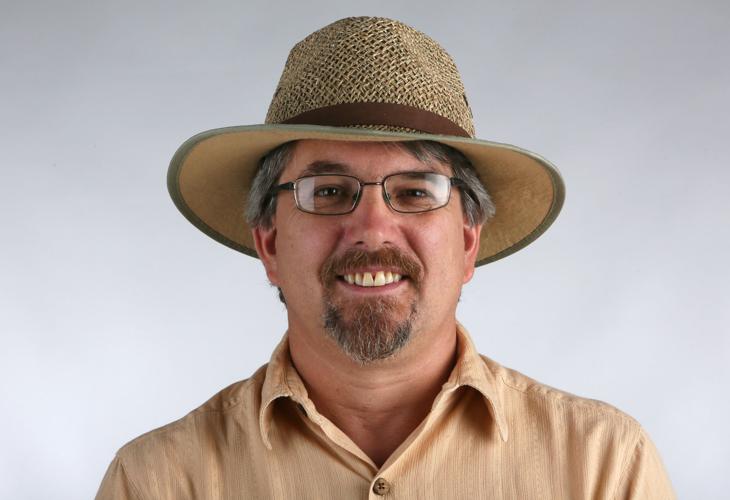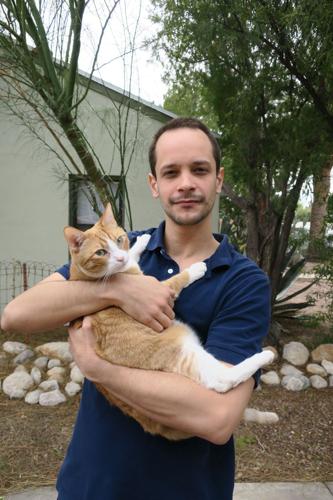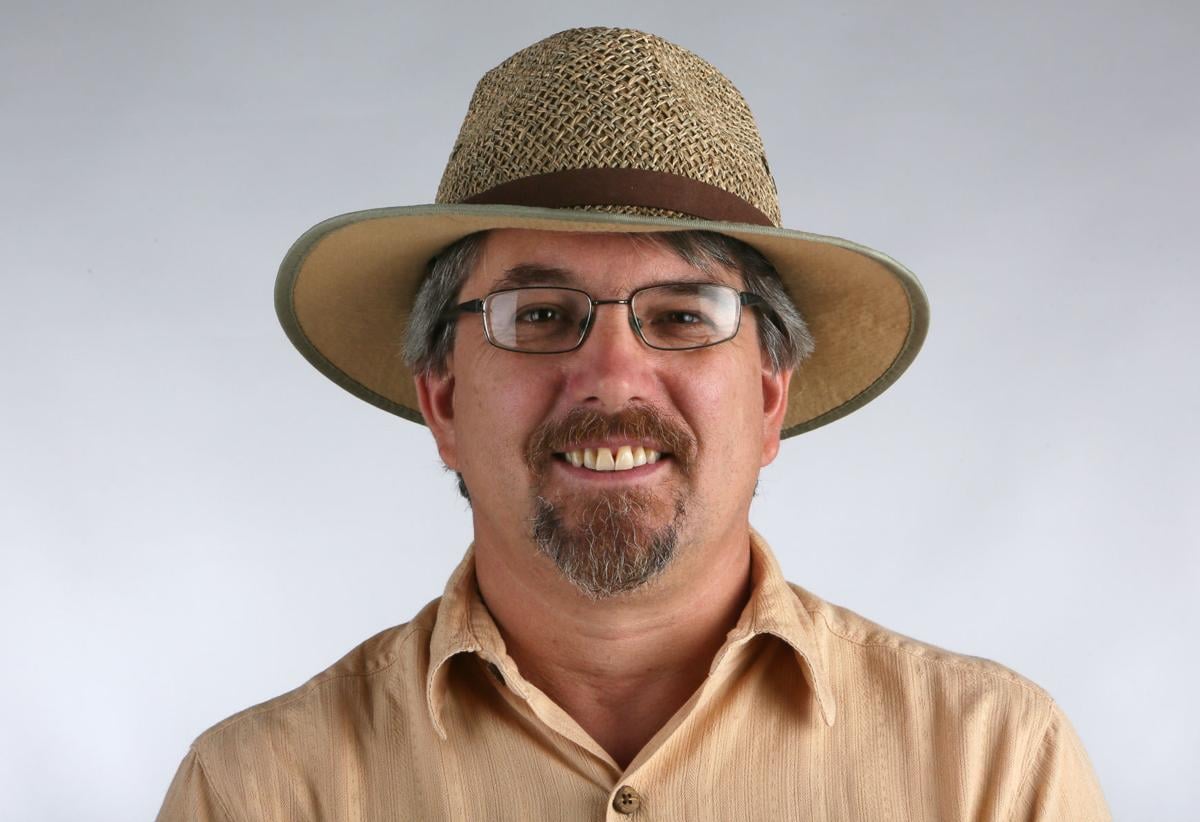You probably aren’t thinking about your own death right now.
I know I’m not pondering mine.
Or are we, at least subconsciously?
Researchers at the University of Arizona are among the pioneers in what one of them labeled “terror management theory” — the study of how we grapple with our own eventual demise. It’s perhaps not the most uplifting way to spend your days, but I found myself thinking about it Monday night as I walked my dogs in the blazing 10 p.m. heat with the taste of wildfire smoke on my tongue.
And thinking about how we deal with death can open our mind to the hard-to-explain ways we act and the mild, unconscious anxiety that is a unique feature of being human.
“It’s an existential fact — we're going to die and we know it — that comes with being human,” UA psychology professor Jeff Greenberg told me. “Kids start thinking about that between 3 and 5, and by early adolescence it dawns on each of us that it’s not just something that happens to goldfish or a grandparent; it even is going to happen to you.”
Philosopher William James called the knowledge that we must die the “worm at the core” of human awareness, which we achieved by biting that apple in the Garden of Eden. Greenberg and two colleagues took that phrase for the title of their 2015 book on the research into terror management — “The Worm at the Core: On the Role of Death in Life.”
Greenberg’s work descends from that of an American anthropologist, Ernest Becker, who laid out of how we deal with the knowledge of our mortality in a Pulitzer Prize-winning 1973 book, “The Denial of Death.” I have that book here beside me and can tell you it’s not light summer reading, but my God, this man Becker had insight!
Broadly speaking, what he did was take what Sigmund Freud said about sex as a main motivator in humans and replace it with fear of death as a primary motivator. Now, generations of researchers, many at the UA, have followed Becker and used experiments to show how we scramble to build our self-esteem when confronted with the knowledge of our deaths.
One of the up-and-comers in this field is Uri Lifshin, an Israel-born student who just got his Ph.D. in psychology from the UA.
He explained that “Most people in their daily life, they don’t walk around fearing death. Not consciously. We have various ways in which we push it away from consciousness.”
The usual way we push away the fear — perhaps the key to understanding “terror management” — is through maintaining our self-esteem, these researchers explain. That way, we can show ourselves to be valued members of our community or our culture — in other words, that our lives have a lasting meaning in our context.
“Self-esteem is the degree to which one is a valuable member in a meaningful universe,” Lifshin explained. “You achieve self-esteem by living up to cultural standards.”
And that way, you fend off the fear of death.
Sounds pretty out-there, right? Over the years, they’ve tested the idea by finding how close death-associated words are to one’s consciousness, among other ways. When the identity that gives you self-esteem is threatened, Greenberg and others have shown, thoughts of death are closer to your consciousness.
“If you tell Canadians that Canada sucks and is a second-rate country, then Canadians will show an increase in death-thought availability,” Greenberg explained.
So, for example, the researchers will ask the research subjects to complete a word. The letters c-o-f-f will show up on a screen.
“Most people will say coffee, but if death is more close to consciousness, they’re more likely to put coffin,” Greenberg said.
Lifshin has a special motivation to understand why we protect national identities with such passion — his grandparents were killed in the Holocaust.
“Why do people have so much trouble co-existing with people different from them?” he asked. “Because the cultural worldview serves as a death anxiety buffer.”
Lifshin’s recent research explored a different aspect of terror management: The way we separate ourselves from animals in order to keep our fear of death at bay. Animals, we generally acknowledge, die and disappear. It can be harder to acknowledge we die in the same way. Of course, many say we don’t — that we have an afterlife.
In this series of experiments, Lifshin had subjects view a screen in which a subliminal message would flash. Some would see the word “death” or a picture of a skull made up of the word death printed on a T-shirt. Others would see the word “pain,” or “fail” or see a plain T-shirt.
Participants were then asked whether they agreed with statements such as “It is often necessary to control animal overpopulation through different means, such as hunting or euthanasia.” They were also asked whether they would pay more for chicken if it would allow for the poultry industry to stop its practice of killing 200 million male chicks a year because they don’t lay eggs and are unsuitable for meat production.
In all cases, those who received the “death prime” subliminal message were more OK with killing animals if they were reminded of death themselves.
“When they thought about death, they weren’t willing to pay 10 percent more to stop the killing,” Lifshin said. “In the control group, most of them were willing to pay over 10 percent.”
Even people who self-identified as supporters of animal rights were more likely to support killing animals if they first received a subliminal death message than if they didn’t.
So maybe we are thinking about death, or ruminating on it when we don’t realize. In this heat, I know I am.







